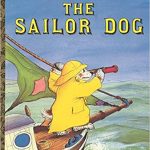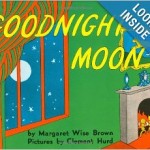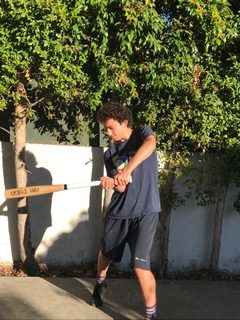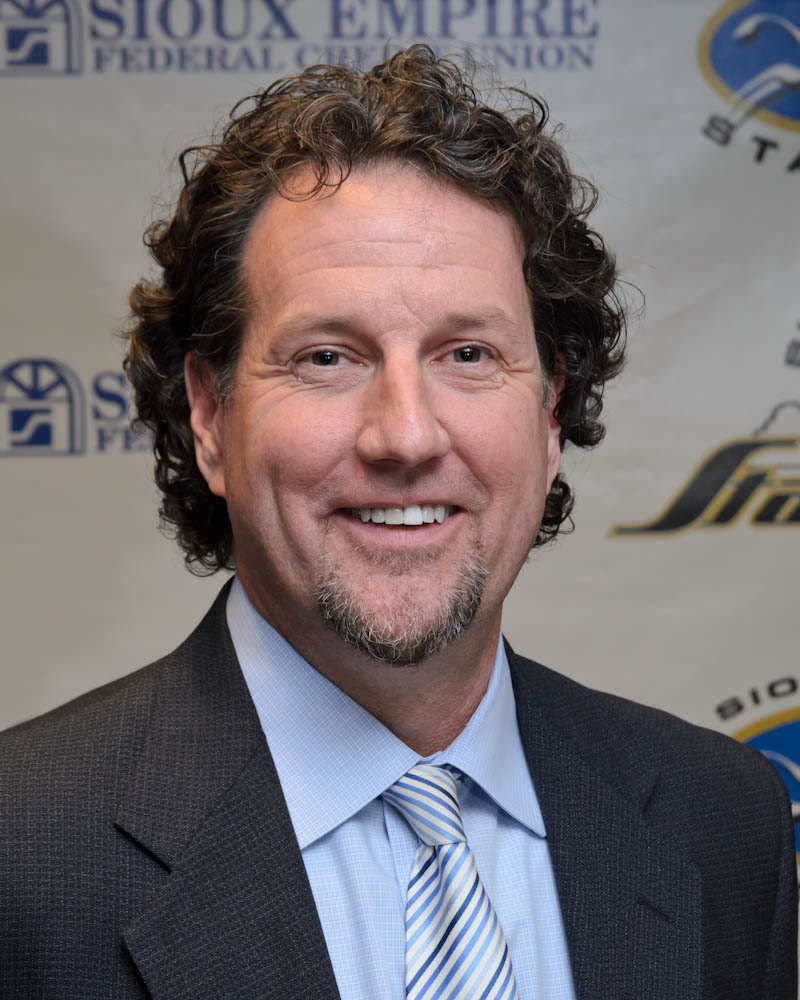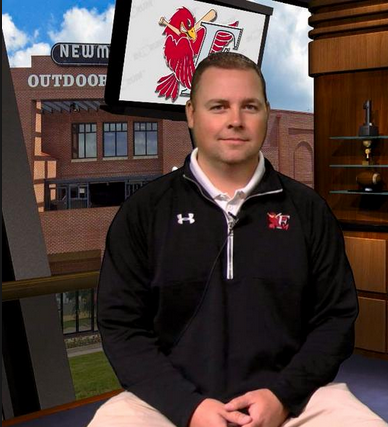 I recently became acquainted with Trey Rose, a graduate of Virginia Military Institute (VMI) and an assistant in the Operations Department of the Pittsburgh Pirates. I’ve asked him to provide a bit of insight into his career path and hope his words of wisdom will help our readers make the right choices as they press on into their own careers in baseball. Well, let’s get to the interview…
I recently became acquainted with Trey Rose, a graduate of Virginia Military Institute (VMI) and an assistant in the Operations Department of the Pittsburgh Pirates. I’ve asked him to provide a bit of insight into his career path and hope his words of wisdom will help our readers make the right choices as they press on into their own careers in baseball. Well, let’s get to the interview…
** Warning: Trey’s answer to my first question is quite lengthy, but if you are interested in working in a baseball organization, you must read the entire answer. You will learn a lot from this one interview question and answer alone. But don’t forget to read the rest of the interview too.**
I know you’re busy Trey, so I’m limiting the amount of questions here and we’ll just get to the heart of the matter. You work in the operations side of the Pittsburgh Pirates. Please tell our readers the point when you decided, “This (working inside a baseball organization) is what I want to do,” and what prepared you for this decision?
Baseball has always been a huge part of my life. When I was 14 years old, I had a catastrophic knee injury while hitting (dislocated my knee) that required 7 surgeries and completely changed my life. I was lucky enough to get back on the field after a year of rehab, but it was never the same. I continued my career at the college-level where I played the first half of my freshman year at the Virginia Military Institute before hanging up the spikes. I like to say that my body couldn’t handle it anymore, but realistically my low 80s fastball and lack of any pitch to actually get batters out is what pushed me out of the game.
Once I was forced to quit the game I always loved, I found myself needing it in my life more than ever. I decided to start a blog as a small personal hobby (expecting no one to read it), but my articles started to attract quite a few readers. Most of my writing focused on fantasy baseball topics, which ironically has helped me quite a bit in my current job. Writing these articles helped me learn how to evaluate players, find inefficiencies in the game, and grow my general knowledge of baseball. This was the first time I thought maybe I could have a career in something baseball-related. I started to do a lot of research on what I wanted to do in the game and came to the realization that baseball operations was exactly what I wanted to do. Little did I know at the time that I chose quite possibly the hardest position to get in a baseball front office.
I quickly started looking for jobs that would directly help me set myself up for a job in baseball around the winter meetings in December (this was following graduation from VMI in May). I joined a small investment banking firm in Richmond, Virginia, where I learned so many priceless skillsets that still help me today. This experience was key to bolstering my resume, continuing to build relationships, and learning skillsets that were directly related to skills that you need in a front office. I firmly believe that while having experience in the game in key to getting your first job in baseball (i.e. playing baseball, writing a blog, internships, etc.), it is sometimes even more important to diversify your skillsets and resume by working in other fields (such as investment banking).
While working in investment banking, I signed up for a class called, “Baseball GM and Scouting,” through Sports Management Worldwide to hopefully give me a competitive advantage to getting my foot in the door. Part of the course was to interview at least 2 front office or scouting employees of a Major League Organization, so I set out to interview as many people as possible. Our instructor, Dan Evans (Former GM of the LA Dodgers), mentioned the record was in the low teens, so naturally my competitive side kicked in. I completed 34 interviews and little did I know that this was the start of my road to getting into baseball. My current boss was one of the people I interviewed and if it wasn’t for that specific conversation I had on the phone that day, I’m not sure I would be on the other side of the keyboard of this interview. *For those who read this and decide to also reach out to other individuals, please don’t get this confused with quantity over quality. Every conversation you have is an opportunity to learn from others and to grow through listening to their experiences. Building relationships is key in this game and it’s important you don’t take for granted the time that others will give you over the phone or in person. Make sure you are taking them seriously and thanking them for their time.
Following graduation from the course, I went to my first Winter Meetings in 2016, where I went there with the mindset that it would be easy to get a job in baseball. Boy was I wrong. Looking back at that time, I was way too cocky and naïve. I applied to all 30 teams and was lucky enough to get to the final interview portion with two teams. I walked out of both interviews thinking I got the job. A few days later I was crushed to find out that I didn’t receive either position. While at the time this was a terrible feeling, it was the best thing that could have happened to me. I needed to be knocked down a few pegs. I needed a kick in the teeth to show me that getting a job in baseball is something that is earned and it’s not easy. It obviously takes certain skills to get into the game (all which I thought I had during this time, which couldn’t be further from the truth), but it also takes building relationships, and even some luck.
I continued to stay in touch with all the contacts I made in the game and was lucky enough to get a call from the Pittsburgh Pirates a few weeks later asking if I was still interested in a position. I went through their interview process and was eventually offered a fellowship in their baseball operations department.
I tell you all this story so that you don’t get discouraged in your journey to hopefully getting a job in baseball. It’s not easy. Going through the failures of my knee surgery, the hardships of going to a military college, and getting rejected by 29 teams all played a role in who I am today. I wouldn’t trade any failure I’ve had because those times of failure have humbled me and made me realize that you can never take any day, person, or thing for granted in life. Keep working hard, set goals, and strive to be the best you can be every day you step into the office, during every conversation you have with someone, and during every second of every day.
How large is a typical operations department of an MLB team?
They all vary. It really just depends on the structure of the office, what departments they have, and the strategy behind the goals of each department.
For our readers to better understand an operations department and its workings, can you describe some of the more enjoyable tasks you undertake each week and some of the more daunting tasks?
No days are the same. Our tasks really vary throughout the season depending on what time of year it is. My tasks deal more with player acquisition, roster construction, player evaluation, and general support for our leadership team to make decisions.
I spend the first 8 weeks of the season down at Spring Training, where I go to all of the games. I either chart for our coaching staff or I just evaluate players to hopefully help in the process of who makes the club. During this time period, we are also working on a lot of contract details for our players, talking with agents, and making sure all the right paperwork is done for the season.
Once Spring Training is done, we move into some more general tasks that we do throughout the season until the trade deadline. During that time, I get to watch our big league club every night, but I also try to travel to all of our affiliates to see our younger guys. Once the trade deadline gets closer, all of our attention is on how to hopefully make moves to increase our chances of winning a World Series.
Once the trade deadline passes, we obviously are still invested in the current season, but we also start to prepare for the off-season. This includes preparing for free agency, any possible trades, arbitration, and more.
For our readers who would like to work in baseball operations at the MLB level, what steps should they take and how early should they begin preparing for such a career?
This game is all about relationships, so make sure you are preparing yourself by learning from other’s experiences and growing as much as possible during your journey. There are many ways to prepare yourself to try and get a position in baseball, so I’ll leave you with a few thoughts:
-
1. Baseball is a game of failure. If you fail 7 out of 10 times at the plate, there is a good chance you are an all-star. There is a very big chance you will come across failure when applying to these jobs because they are so competitive. Don’t let failure or rejection get you down, rather let it fuel your fire to continue to learn and make strides in the right direction.
2. Find a way to make a difference and to stand out from your competition. There are prerequisites that front offices look for obviously, but if you can stand out from the 1000s of other applicants, that is a good first step. Create a research project, go scout games and write reports, learn a new language (either Spanish or a computer language), or focus on building strong relationships in the game.
3. Start early and often. Diversify your resume and try to gain as much experience before you graduate college. Start looking for internships as soon as you can and don’t be afraid to go outside of your comfort zone.
4. Don’t be picky. It’s hard to get into baseball. If you get a chance to get your feet wet and to learn, take any opportunities you can get. Hopefully there will be a point in your career where you can be picky, but use every possible experience to gain knowledge and help you towards your career aspirations.
I’d assume anyone interested in working in an MLB front office has seen Moneyball, which brought the concept of Sabermetrics to the masses. How do you feel Sabermetrics has changed the game of baseball, and over time, is there any part of the game that won’t be changed by its use?
Sabermetrics has played a huge role in the advancement of baseball. Regardless of whether or not you work in analytics, it’s starting to become some sort of prerequisite to at least have some general knowledge of commonly used concepts, computer programs, etc. This can vary from club to club depending on how common analytics are used in the office.
The game is constantly evolving. While a lot of analytics are helping this evolution, there are also many other aspects of the game that are helping it evolve. As I said earlier, analytics has been huge for the game, but we can’t forget the fundamentals and the knowledge of those who came before us. Most importantly, our scouts in this game have more knowledge than you could ever imagine. They don’t nearly get enough credit for what they do, how they help an organization, and how they have and continue to help our game evolve. I’m not saying that either scouting or analytics is more important than one another, but I think that all groups should get credit. I know that analytics is the popular direction of the game in recent years, for good reason, but I want to make sure that everyone gets credit for the evolution of the game of baseball.
The magic truly happens when analytics and scouting can work together to work towards solutions. One is not more important than the other, but it is truly about using all the information that both sides (plus many other sides that we consider) to help work towards decisions that hopefully end with a dog pile on the mound in October after a World Series win.
What is one of the most surprising SABR (Sabermetric) stats you’ve seen used in the game of baseball that has become quite useful?
I wouldn’t say there is a stat that is “surprising” necessarily. It’s more about using a wide array of information (“stats”) to connect dots and make sense of what the numbers mean. This part of the game continues to evolve daily and it is truly amazing what our analytics department can do to help our organization make efficient and effective decisions. As data and data sources continue to improve and the game starts getting access to more technology that can create and store data, it makes me think the sky is the limit when it comes to analyzing the game.
Do you believe a computer science degree is necessary for anyone who wants to work in the player development/operations sides of an organization? Why or why not?
I don’t believe it is necessary, but having an idea or understanding of computer science concepts is definitely a competitive advantage. I think it is just as important to have the aptitude to learn these programs and languages. SQL and Excel are by far the most useful for my job, but there plenty of other programs and computer languages that can help you succeed in a front office role (i.e. R, Python, etc.).
While learning these programs on the computer are important, it is just as important to learn the how to evaluate players when not looking at a computer screen. Our game is definitely moving in the direction of using more technology, it is important not to forget and lose the skillsets of evaluating players by looking at them on a field with your own two eyes. Make sure you have a balanced approach to your preparation.
Finally, growing up, what were some of your favorite baseball memories?
This a tough one because there are so many. Obviously some of my favorite memories come from when I was playing, but those aren’t the most exciting to reminisce on the “glory days.” I’ll go ahead and list a few of my favorites below:
• Going to Spring Training every year and sitting with my dad during games. This was a time in my life that I definitely took for granted. The wisdom and conversations that my dad shared with me during my early years in the game is what shaped me and many of these times happened during Spring Training. We would travel around Florida for a week each year to follow the Astros (my childhood team). I got to meet some of my childhood heroes during this time (Justin Verlander, Roy Oswalt, Brad Lidge, Morgan Ensberg).
• Watching Justin Verlander’s first no-hitter. Justin was my childhood hero and someone that I still look up to today. He grew up right down the road from me and I tried to model everything I did on the mound just how he did it (unfortunately I lacked the talent he has). I remember watching his first no-hitter on TV and the pure adrenaline I had… I can’t even imagine how he felt.
• UVA winning the College Baseball National Championship. My best friend, Nathan Kirby, pitched on this team and watching him on the mound on TV in Omaha was one of the coolest and most proud baseball moments of my life. I was lucky enough to get to know many players on that team and it was an unbelievable experience to watch them dogpile on that mound.
• The day Nathan got drafted is also up there with one of my favorite baseball experiences. I had recently had knee surgery and was sitting on the couch when his name was announced. Later that night he surprised me and came over to my house so we could celebrate together. Nathan is more like a brother to me than a friend, so it was such a cool experience to be with him on that night.
• Opening Day in 2017. I promise you that if anyone who reads this gets a job in baseball, you will never forget your first opening day. The energy that was flowing throughout PNC Park and the pure atmosphere is something that I will never forget. There was a sense of pure happiness that day, which I’m not sure compares to anything else in my life.
Thank you Trey for your insight into the world of baseball and baseball operations. I know you’ve really opened some eyes and helped some individuals as they consider making baseball their career. Thank you again for your time and for your insightful answers.
Follow Trey on Twitter
Check out the Pittsburgh Pirates website!
Follow the Pittsburgh Pirates on Twitter!
Find the Pittsburgh Pirates on Facebook!
Below the Related Posts, you can leave a comment or question for Trey… thanks for reading!
